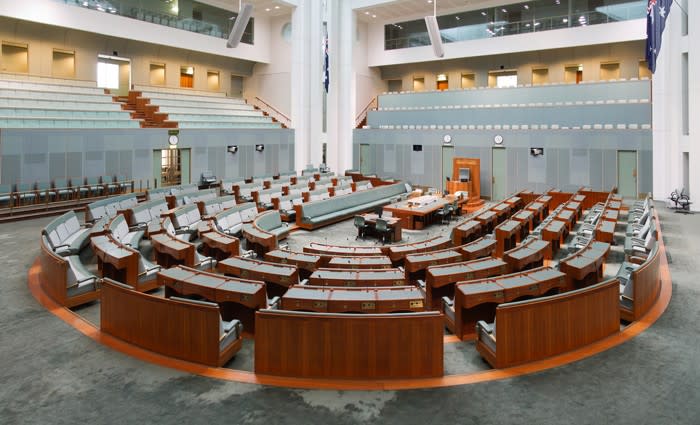Negative gearing policy raises prickly questions: Leanne Pilkington
GUEST OBSERVER
The Federal Opposition’s new negative gearing policy has been met with mixed responses from the property industry and the wider public, however has warned against implementing major reform without a full understanding of all the variables at play.
I welcome ideas aimed at promoting affordability, especially for first home buyers, as well as initiatives with the potential to create jobs down the housing industry supply chain but restricting negative gearing to new properties and grandfathering tax treatment for existing investments raises questions - the answers to which are not yet clear.
While new supply has had an impact on the rental market, including in Sydney, where rental growth for apartments has stalled, vacancy rates still remain extremely low across the board.
Greater stability in rents has been a welcome relief to tenants, for so long subjected to hike after hike, yet Labor’s policy could potentially reverse the situation and exacerbate renters’ pain all over again.
Firstly, owners of existing properties who are already using a negative gearing strategy will be reluctant to sell, knowing they will not be able to access the same tax treatment any longer unless they buy something new.
But this would be problematic, as prices for new stock would naturally inflate as demand is heightened among those investors looking to access negative gearing. As such the strength of investment may soften further.
This could lead to a scenario where vacancy rates drop even further, on top of the most recent tightening trend, putting renewed pressure on rents and jeopardising the ability of tenants to accumulate a deposit for their first home.
We see too many what-ifs associated with this policy at this stage so caution seems to be the most appropriate approach.
Labor’s negative gearing policy, designed to unlock flow-on economic benefits associated with supporting new supply, will nonetheless have a variety of other impacts perhaps not yet fully explored with the appropriate modelling.
No major reform should be implemented without comprehensive and detailed modelling, and the various unknowns with this Labor policy seem to warrant further investigation.
History is clear on the importance of comprehensive planning. For instance, when the vendor exit duty tax was introduced some years ago, without the appropriate consideration and number-crunching, it had a significantly detrimental impact.
The vendor exit duty stalled economic activity and failed to reward those who had taken the intiative to invest for their future security.
This is the reason most people invest in property in the first place, so we should ensure we don’t make the same mistake again with negative gearing.
Leanne Pilkington is managing director, Laing+Simmons and can be contacted here.
